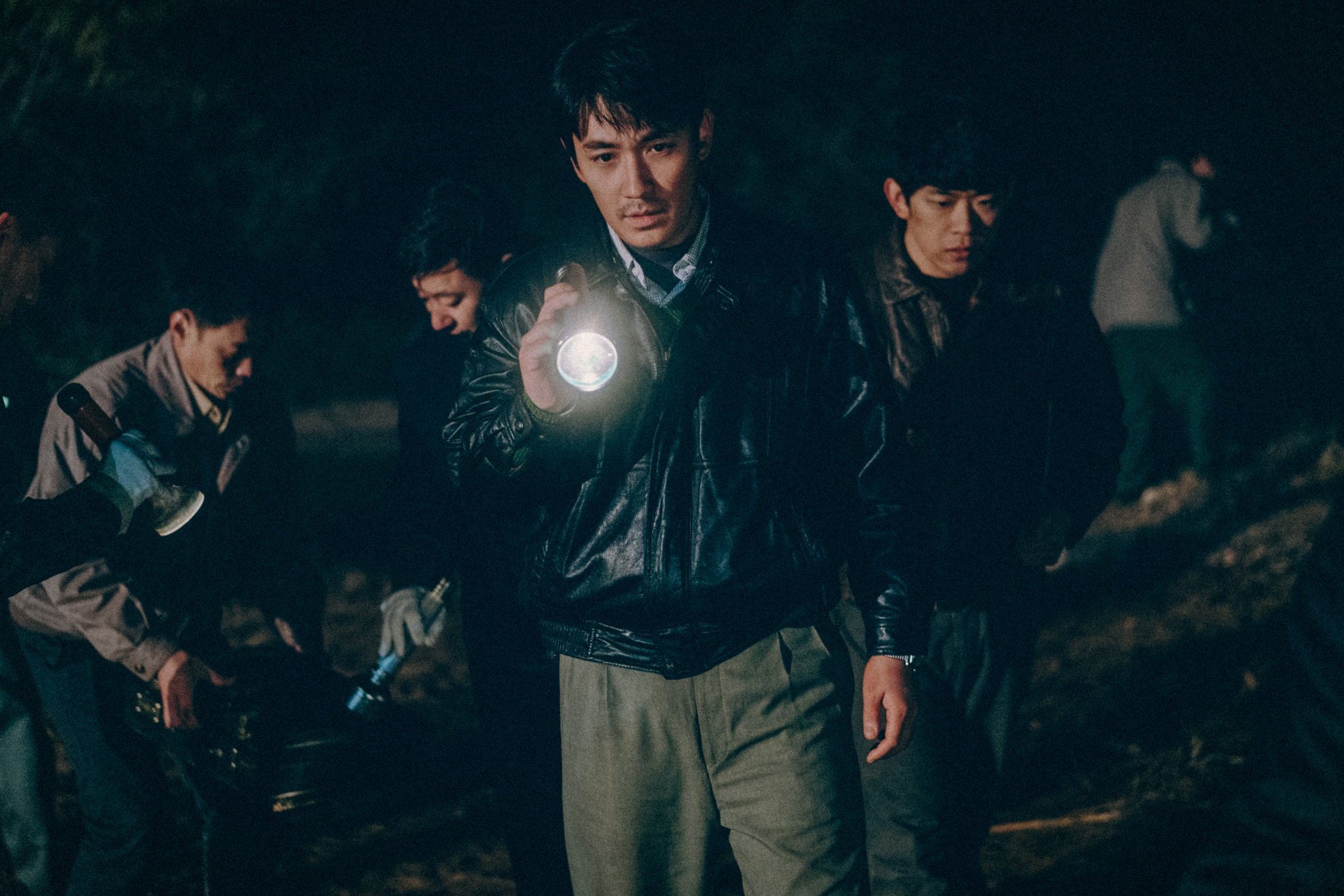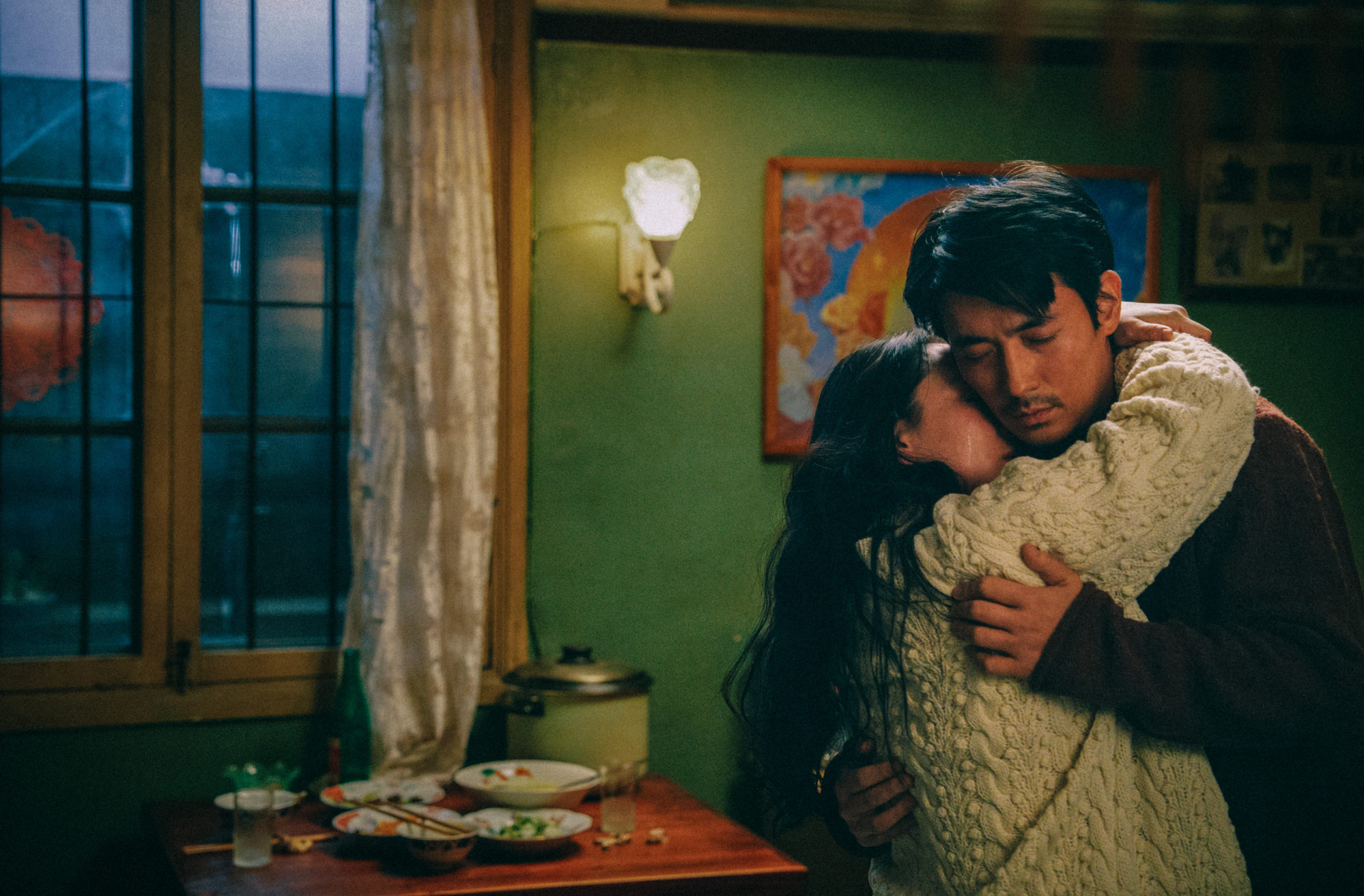
Review | Cannes 2023: Only the River Flows movie review – Chinese neo-noir makes a triumphant comeback with Wei Shujun’s dazzling murder mystery
- Wei Shujun’s adaptation of Yu Hua’s short story about a detective faced with a small-town murder breaks a recent run of disappointing Chinese neo-noir movies
- Vividly shot with increasingly surreal imagery as Zhu Yilong’s protagonist unravels, the film’s meaning is debatable, unlike the status of Wei as a great auteur
4/5 stars
Once a trailblazing and taboo-smashing genre that set the international film festival circuit alight, Chinese neo-noir has yielded increasingly diminishing returns in recent years. Fatalist films probing the country’s dark underbelly have largely been replaced by overblown spectacles in which style trumps substance.
Only the River Flows is poised to buck that trend. An adaptation of Yu Hua’s absurdist short story from 1987, Wei Shujun’s third feature offers a mix of dead-end detective work, doomed characters and surreal dreamscapes.
Only the River Flows is set in a grey, provincial China in the 1990s, an era brought vividly to life through digital camerawork and footage shot on 16mm film stock. The story revolves around the discovery of the corpse of an old woman in a waterside clearing in a small town.
While everything points to a local madman (Kang Chunlei) as the culprit, the ultra-diligent case officer Ma Zhe (Zhu Yilong) sees something amiss in the seemingly watertight evidence and effortless arrest of the suspect.

Instead, Ma clings on to the loose ends he discovers: an abandoned handbag near the dead body, sightings of another suspect at the crime scene, and a witness who says he’s ready to be framed for the killing. Meanwhile, the madman escapes from detention and the body count spikes.
Pressured by the local police chief (Hou Tianlai) to close the case, and troubled by his wife’s problematic pregnancy, Ma begins to unravel. As he trudges towards a final showdown with his quarry, he’s not even sure where reality stops and fantasy begins – a confusion that also plagues the viewer.
But maybe that’s the point: more than just a simple whodunit, Only the River Flows is more about the stage on which the characters’ repressed fears and erratic behaviour play out.

Wei’s masterstroke is to make a disused cinema one of the film’s main locations; it is first taken over by the police as a makeshift control centre, and is where Ma hallucinates about the suppressed secrets of the townspeople.
Finally, it is transformed into the venue for a lavish, dreamlike public ceremony celebrating the resolution of the crime.
The surreal mise-en-scène provides room for multiple readings: it could be a commentary about the relationship between the state and the arts, an Orwellian critique of a society devoid of trust, or simply a man’s fears about fatherhood wrought visually large. Wei has left things open enough for interpretation.
What is not in doubt is his standing as one of China’s most complex cineastes.

